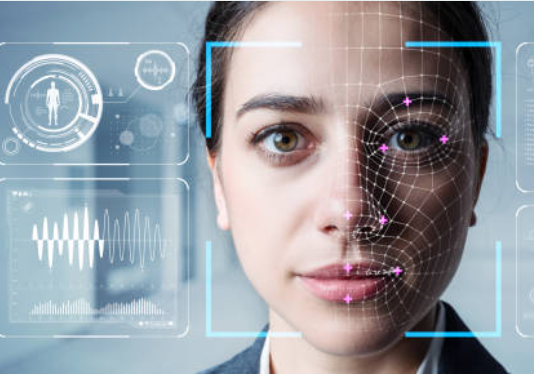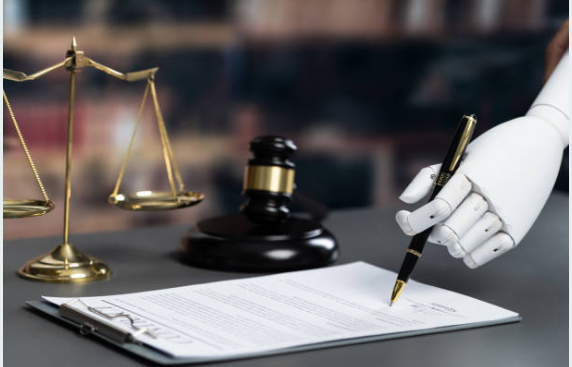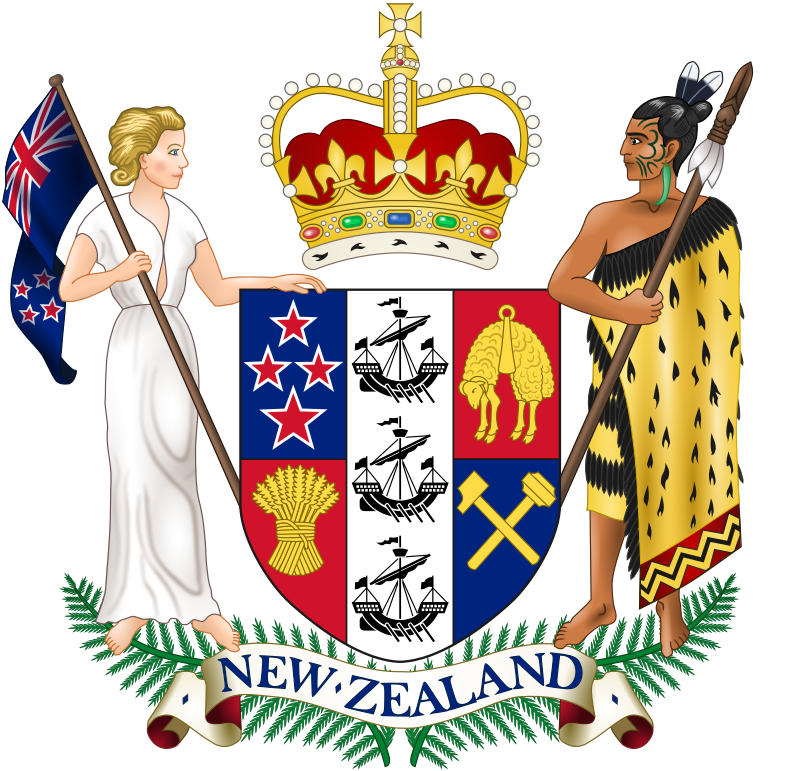Categories
Archive
- February 2026
- January 2026
- December 2025
- November 2025
- October 2025
- September 2025
- August 2025
- July 2025
- June 2025
- May 2025
- April 2025
- March 2025
- February 2025
- January 2025
- November 2024
- October 2024
- September 2024
- August 2024
- June 2024
- May 2024
- April 2024
- March 2024
- February 2024
- January 2024
- December 2023
- November 2023
- October 2023
- September 2023
- August 2023
- June 2023
- April 2023
- March 2023
- February 2023
- January 2023
- December 2022
- November 2022
- October 2022
- August 2022
- July 2022
- May 2022
- March 2022
- February 2022
- November 2021
- October 2021
- September 2021
- August 2021
- July 2021
- June 2021
- May 2021
- April 2021
- March 2021
- January 2021
- December 2020
- November 2020
- October 2020
- September 2020
- August 2020
- June 2020
- May 2020
- April 2020
- March 2020
- February 2020
- January 2020
- December 2019
- November 2019
- October 2019
- September 2019
- July 2019
- June 2019
- May 2019
- April 2019
- March 2019
- February 2019
- January 2019
- December 2018
- November 2018
- October 2018
- September 2018
- August 2018
- June 2018
- May 2018
- April 2018
- March 2018
- February 2018
- January 2018
- December 2017
- November 2017
- August 2017
- July 2017
- June 2017
- May 2017
- April 2017
- March 2017
- February 2017
- January 2017
- November 2016
- October 2016
- September 2016
- August 2016
- July 2016
- June 2016
- May 2016
- April 2016
- March 2016
- January 2016
- December 2015
- November 2015
- October 2015
- September 2015
- July 2015
- June 2015
- May 2015
- April 2015
- October 2014
- August 2014
- January 2014
- December 2013
- November 2013
- October 2013
- July 2013
- June 2013
- May 2013
- April 2013
- March 2013
- January 2013
- December 2012
- November 2012
- September 2012
- May 2012
- January 2012
- November 2011
- October 2011
- September 2011
- August 2011
- July 2011
- June 2011
- May 2011
- April 2011
- March 2011
- October 2010
- September 2010
- May 2010
- April 2010
- March 2010
- January 2010
- October 2009
- September 2009
- August 2009
- June 2009
- April 2009
- March 2009
- February 2009
- January 2009
- December 2008
- November 2008
- September 2008
- August 2008
- July 2008
- June 2008
- April 2008
- March 2008
- January 2008
- December 2007
- November 2007
- October 2007
- July 2007
- April 2006
- August 212
-

Māori being used as ‘guinea pigs’ for facial recognition tech by MSD
This post elaborates on my RNZ interview about the Ministry of Social Development (MSD) rolling out Facial Recognition Technology for beneficiaries to self-identity online without the need to visit a MSD office, despite the well documented racism and bias of the systems. The Ministry of Social Development’s decision is lacking a privacy, human rights, and
-

6 Te Tiriti Based Artificial Intelligence Ethical Principles by Karaitiana Taiuru
These peer reviewed principles were originally written by Dr Karaitiana Taiuru, to provide a Māori and Te Tiriti perspective on Artificial Intelligence with Health, complimenting the ‘Principals section’ written by Professor James Maclaurin – Te Whare Wānanga o Ōtākou | The University of Otago, for inclusion into the collaborative and peer reviewed report “Capturing the
-

Protecting Mātauranga on web sites from ChatGPT and Search Engines
This article is primarily for Māori web site content owners who may have some mātauranga Māori on their web sites that they do not want consumed by ChatGPT and other AI or search engines, or who simply want to exercise their own Māori Data Sovereignty principles and rights as afforded by Te Tiriti o Waitangi.
-

Te Tiriti o Waitangi Principles for Robotics
These principles have been adapted to general robotics for both the industry and research to better assist the industry to acknowledge Te Tiriti o Waitangi. If creating robotics for health, then there are nationally agreed Te Tiriti principles for health that should be used in stead. For researchers, these principles can be used as a
-

Is anonymised Māori Data a Taonga?
Anonymised Data is a western perspective for data that is anonymous as they human eye can’t see where the data came from, who the data is about and where the data originated from. From A Te Ao Māori (traditional Māori cultural perspective) anonymous Māori Data that originates from Māori Data, then that anonymous data is
-

Is Synthetic Data a Taonga?
This brief post will discuss and analyse if synthetic digital data that is used with Māori Data, is itself Māori Data and therefore a Taonga. It will use traditional Māori customary values and beliefs (tikanga) and Māori Data Sovereignty principles and applying those in an Māori perspective, resulting in a non western perspective explaining if
-

Artificial Intelligence and Mātauranga Sovereignty
I was honoured to present at the prestigious Gibbon Lectures earlier this year and to be hosted by the School of Computer Science at University of Auckland. I share my thoughts about how we (Māori) are at a crossroads in human evolution, and that AI could be used to decolonise and empower Māori. I discuss how all
-
Transferring iwi.nz
How do I transfer my domain name out of the Domain Name Commision holding registrar to my registrar/domain name provider of choice? What to consider when transferring your domain name? Level of support Before transferring your domain name, consider the level of support you need from your registrar, especially if you have multiple .nz domain
-

Te Reo Māori revitalisation and adaption with AI
ChatGPT has become a household name for many, and is usually in the mainstream media each day. There has been very little discussion about ChatGPT and the risks and benefits to Indigenous languages, and in particular Māori language – the indigenous language of New Zealand. ChatGPT and other Artificial Intelligence (AI) Language Learning Models (LLM’s)
-

Te Ao Māori considerations of AI with the dead and personal Data
Māori Data Sovereignty is now more crucial than ever, with “Dr. Pratik Desai, a Silicon Valley computer scientist who has founded multiple Artificial Intelligence platforms, boldly predicts that a human being’s “consciousness could be uploaded onto digital devices by the end of the year [2023]”. For my regular readers, you will know I predicted this
-

Google Civil Rights Audit – An opportunity for a Te Tiriti audit
On Friday (Saturday NZT) Google released a Civil Rights Audit that it had voluntarily contracted an external law firm WilmerHale that examines how its policies and services impact civil rights and made a number of recommendations to address misinformation and hate speech. It is too American centric and doesn’t even appear to consider the Indigenous
-

Chatbots need Indigenous Beta testers
Microsoft recently announced that it was upgrading it’s search engine Bing’ to include AI from OpenAI, the maker of ChatGPT. One new feature is a chat feature. Microsoft only sent out invites to select users so far, but it looks like it will be open for public testing in the coming weeks. At this early
-

Māori culture and language observations with ChatGPT
ChatGPT (Chat Generative Pre-trained Transformer) is a chatbot launched by OpenAI in November 2022. It has been discussed by international mainstream media with many academics and education facilities concerned at it’s ability to assist with plagiarised writings and research. As with any new technologies, there is very little Indigenous perspectives or input into developments which
-

Indigenous versus Māori Data Sovereignty
This article will introduce the many notions of Indigenous Data and Māori Data Sovereignty and explain the differences. It is becoming common in New Zealand that the terms Indigenous and Māori Data Sovereignty are interchangeably used by Māori Data practitioners and the Crown, removing all Te Tiriti, legal and moral rights to Māori Data and
-

Māori Data Sovereignty in the Agriculture industry
Māori Data Sovereignty with Agriculture Data and how it could assist the Agriculture industry. A perspective piece co authored with myself and my two awesome colleagues Dr Karly Burch and Dr Susanna Finlay-Smits. A real Te Tiriti approach to sharing Māori and Western perspectives for the benefit of those in the Agriculture industry. Realising the promises of agricultural
-

Maori a popular search term with porn
WARNING: This article should be read by adults and in conjunction to having knowledge of the over representation of Māori victims of online sexual abuse/harassment. Pornhub, New Zealand’s most viewed pornographic web site released its New Zealand 2022 statistics in November (Stats link page with terms that some may find offensive and likely not
-

The NZ Supreme Court Judgement and the impacts to Māori Data Sovereignty
This is an opinion piece as a Tikanga practitioner and Māori Data expert who is not a lawyer and has no formal legal training. The recent Supreme Court judgement recognises Tikanga Māori is common law and applicable in the legal system. This gives further impact and recognition to the legal status of Māori Data Sovereignty
-

A Māori cultural perspective of AI/machine sentience
This is a copy of the opinion piece I wrote in the publication Goffi E. R., Momcilovic A., et al. (Eds). Can an AI be sentient? Multiple perspectives on sentience and on the potential ethical implications of the rise of sentient AI. Notes n° 2, (2022). Global AI Ethics Institute. The New Zealand Supreme Court
